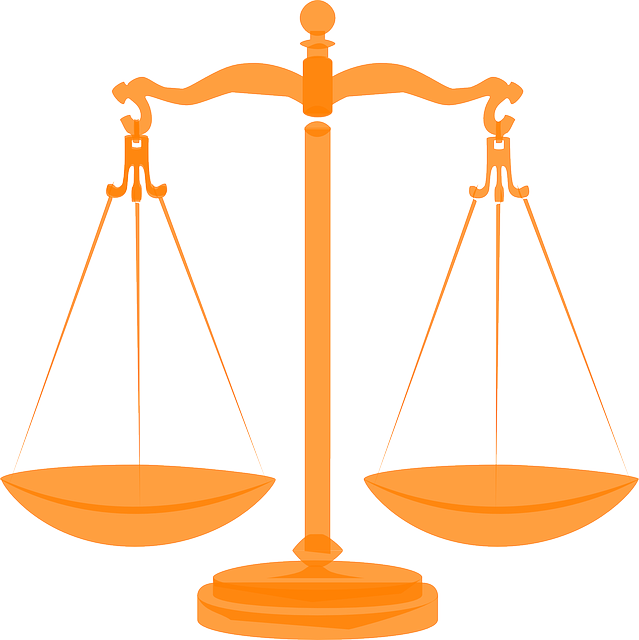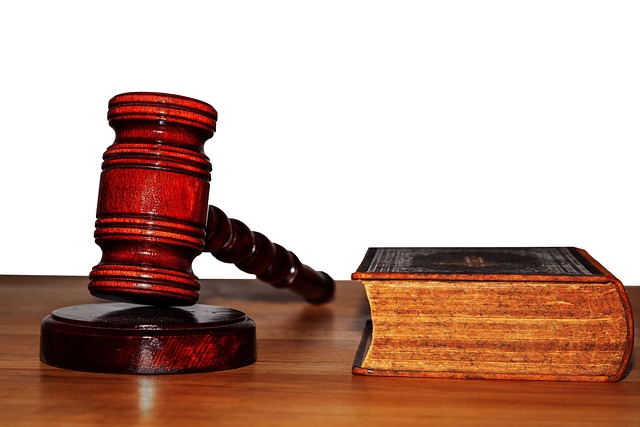Consumer protection laws, including trademark infringement regulations, are essential for maintaining market integrity and safeguarding unique brand identifiers. The severe legal consequences of infringement, such as criminal penalties and costly lawsuits, underscore the importance of robust defense strategies to protect brand reputation and intellectual property rights. Key factors like intent, consumer confusion, and trademark distinctiveness determine the outcome, making it crucial for businesses and individuals to understand these complexities to avoid risks associated with unauthorized use of trademarks. Navigating the Legal Consequences of Trademark Infringement requires a deep understanding of rights and remedies, fostering market trust through ethical conduct among all stakeholders.
Consumer protection suits play a vital role in ensuring fair business practices and safeguarding the rights of consumers. This article delves into the intricate world of consumer protection laws and their far-reaching implications. We explore trademark infringement as a key concern, uncovering the legal consequences and rights at stake. From understanding the scope of these laws to navigating the complexities of trademark disputes, this guide offers insights into the critical aspects of protecting both businesses and consumers from harmful practices, emphasizing the importance of recognizing and addressing Legal Consequences of Trademark Infringement.
- Understanding Consumer Protection Laws and Their Reach
- Trademark Infringement: Identifying the Legal Implications
- Navigating the Legal Consequences: Rights and Remedies for Businesses and Consumers
Understanding Consumer Protection Laws and Their Reach
Consumer protection laws are a crucial set of regulations designed to safeguard individuals from unfair business practices and ensure market integrity. These laws cover a wide range of activities, from product safety standards to transparent pricing policies and advertising integrity. Understanding these legal frameworks is essential for both consumers and businesses alike, as it empowers people to make informed choices and holds companies accountable for their actions.
In the context of trademark infringement, which falls under the broader consumer protection umbrella, the legal consequences can be severe. Trademark laws protect unique identifiers used by businesses to distinguish their goods or services from competitors. Violating these rights through imitation or counterfeiting not only hurts the brand’s reputation but also carries potential criminal penalties. A strong general criminal defense strategy, including winning challenging defense verdicts and effectively navigating jury trials, is essential for mitigating these consequences.
Trademark Infringement: Identifying the Legal Implications
Trademark infringement is a serious issue with significant legal implications for businesses and individuals alike. When a party uses or replicates a trademarked name, symbol, or design without the owner’s consent, it can lead to legal consequences that extend far beyond financial damages. Corporate and individual clients found guilty of this offense may face complete dismissal of all charges if they can prove good faith and non-willful infringement. However, winning challenging defense verdicts is not guaranteed, as courts carefully assess intent and the likelihood of consumer confusion.
The severity of trademark infringement cases varies based on factors such as the distinctiveness of the trademark, the similarity between the infringing mark and the original, and the goods or services involved. These elements play a crucial role in determining whether a defense is successful, allowing trademark owners to safeguard their brand identity and reputation while ensuring that corporate and individual clients understand the legal risks associated with infringement.
Navigating the Legal Consequences: Rights and Remedies for Businesses and Consumers
Navigating the Legal Consequences involves understanding a complex web of rights and remedies for both businesses and consumers. When it comes to trademark infringement, for instance, the legal consequences can be severe. Businesses must be vigilant in protecting their intellectual property, as infringements can lead to costly lawsuits, damage to brand reputation, and even criminal penalties for willful violations.
In addition to trademark protection, consumers have a range of rights under consumer protection laws, which aim to safeguard them from unfair practices and false advertising. These laws not only empower individuals but also foster trust in the market. The respective business, philanthropic, and political communities all play vital roles in ensuring that these legal consequences are both effective and balanced, promoting ethical conduct within the economic landscape and providing a safe harbor for consumers and legitimate businesses alike.
Consumer protection laws are a vital tapestry in today’s marketplace, ensuring fairness and safeguarding rights. By understanding these regulations, businesses can navigate the complex landscape, while consumers gain powerful tools to protect themselves from fraudulent or harmful practices. When it comes to trademark infringement, recognizing the legal implications is crucial, as it directly impacts both brand integrity and consumer trust. The article has explored these concepts, highlighting the importance of compliance and the available rights and remedies for all parties involved, especially in addressing the Legal Consequences of Trademark Infringement.






